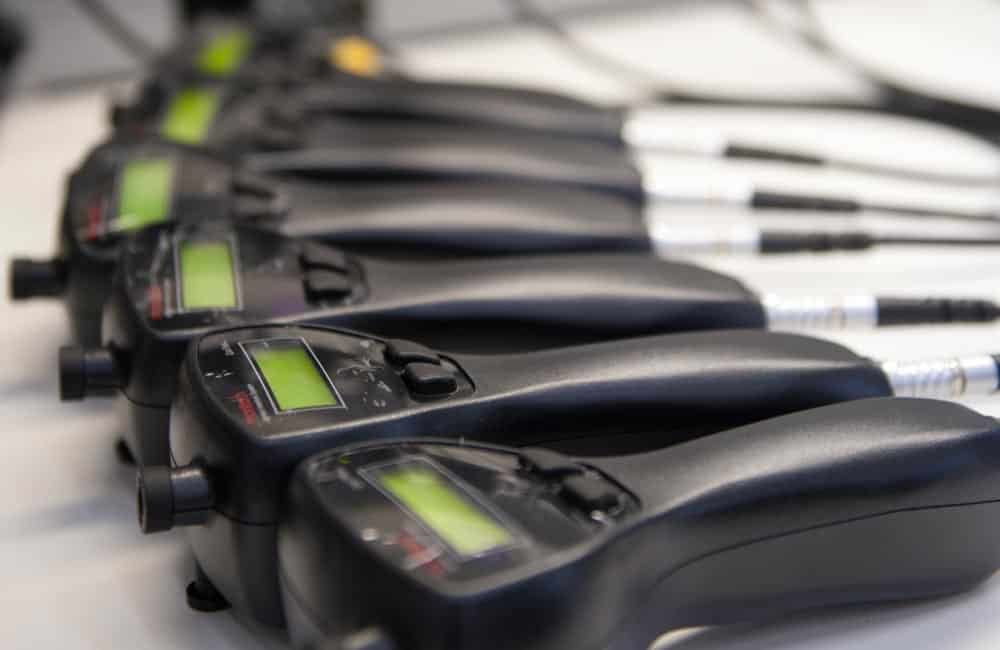In North Carolina, if you’re pulled over while drinking and driving, and you blow a BAC level of .15 or higher, you’re required to install an ignition interlock device in your car. And once it’s in your car, you aren’t permitted to operate the vehicle if you have any alcohol, even trace amounts, in your system. Here’s the way it works:
If the driver blew a BAC level of 0.15 or greater when convicted of the DUI, once his device is installed, he must blow a BAC level below 0.04 in order to start his car. If he blows a BAC level of .01 or higher, he will be given a warning.
Drivers who blow a BAC level of 0.15 or greater when convicted of the DUI AND fall under one of the following categories face a much stiffer penalty.
- Operating a commercial motor vehicle
- Driving under the influence when younger than 21 years of age
- Operating a vehicle while under a vehicular homicide restriction
- Having a record of prior conviction of an offense involving impaired driving within seven years (regardless of BAC level)
These drivers are unable to start their cars if they blow a BAC level of 0.009 or greater. If they blow a BAC level of .004 or higher, they will receive a warning.
The NCDMV requires all fails to be reported to them. It also requires the client responsible for the fail to stop by his respective service center within five days. In addition, the NCDMV may take licensing action for any fail that it deems necessary.
Keep in mind that alcoholic beverages may take several hours after consumption to dissipate from the body. Also, don’t forget that alcohol occurs naturally in a person’s body and can be found in substances other than beer, wine and liquor. Many foods and medicines contain alcohol, including mouth wash, certain coffee drinks and inhalers.

 The Monitech Contact Center of Excellence
The Monitech Contact Center of Excellence